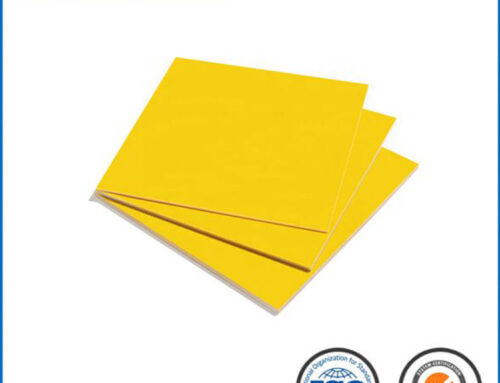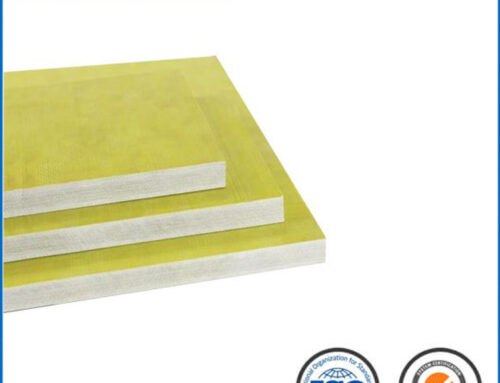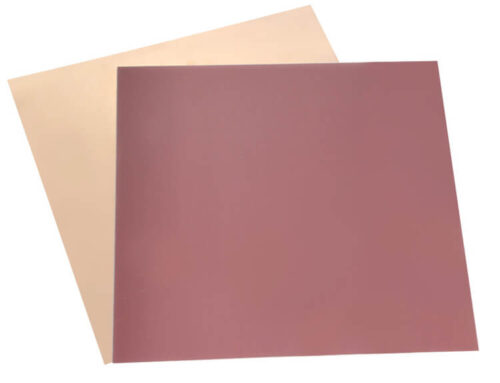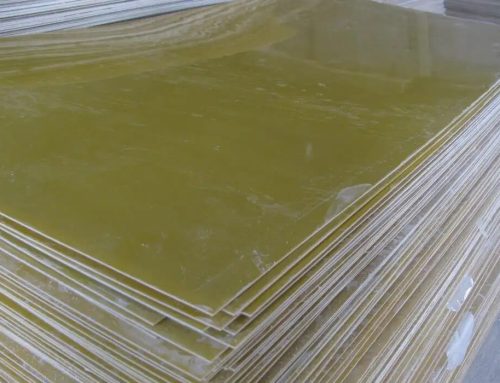In the realm of advanced composites, G11 epoxy emerges as a resilient material with exceptional properties. This article delves into the unique characteristics of it, unraveling its composition, mechanical strengths, and the diverse applications where it stands out as a robust and versatile composite. From electrical insulation to high-stress engineering, G11 epoxy unveils a spectrum of possibilities, positioning itself as a key player in modern material science.
1. Composition of G11 Epoxy: A Fusion of Strength and Stability
Epoxy Resin Matrix:
It is crafted with a robust epoxy resin matrix, providing a solid foundation for its mechanical strength and durability.
The epoxy resin contributes to the composite’s resistance to environmental factors and ensures long-term stability.
Glass Cloth Reinforcement:
Layers of glass cloth serve as reinforcement within the G11 epoxy composite, adding tensile strength and enhancing dimensional stability.
The combination of epoxy resin and glass reinforcement creates a resilient material with a balanced set of properties.
2. Mechanical Strength: Navigating Rigorous Conditions
High Tensile Strength:
It exhibits high tensile strength, making it resilient against mechanical stress and ensuring structural integrity.
This property is crucial in applications where the material is subjected to high loads and forces.
Impact Resistance:
The impact resistance of G11 epoxy enhances its suitability for applications in environments where mechanical impacts are a concern.
This resilience ensures the material can withstand sudden forces without compromising performance.
3. Thermal and Electrical Insulation: Versatility in Varied Environments
Thermal Stability:
It showcases thermal stability, allowing it to maintain its mechanical and electrical properties across a range of temperatures.
This stability is vital in applications where the composite is exposed to varying thermal conditions.
Electrical Insulation Properties:
It serves as an excellent electrical insulator, making it ideal for applications in the electrical and electronics industries.
The material’s electrical insulation properties contribute to the safety and reliability of electronic components.
4. Applications Across Industries: Engineering Excellence Unleashed
Electrical Insulation Components:
It finds extensive use in the manufacturing of electrical insulation components such as insulators, bushings, and switchgear.
Its electrical insulation properties contribute to the efficiency and safety of electrical systems.
High-Stress Engineering:
In high-stress engineering applications, G11 epoxy is utilized for components requiring a combination of mechanical strength and resilience.
Its ability to withstand rigorous conditions makes it valuable in demanding engineering environments.
5. Chemical Resistance: Endurance Against Harsh Environments
Corrosion Resistance:
G11 epoxy exhibits resistance to corrosion, making it suitable for applications where exposure to harsh chemicals is a concern.
This property ensures the material maintains its integrity in chemically aggressive environments.
Chemical Processing Components:
The chemical resistance of G11 epoxy renders it suitable for use in components within chemical processing industries.
Its resilience against corrosive substances enhances the longevity of components.
G11 Epoxy – Paving the Way for Resilient Innovation
As G11 epoxy is unveiled, its significance in modern material science becomes evident. From its composition to mechanical strengths, thermal and electrical insulation properties, and applications across industries, G11 epoxy stands as a resilient and versatile composite. In an era where engineering demands materials that can endure diverse challenges, G11 epoxy paves the way for innovation, offering a resilient solution for a spectrum of applications in the ever-evolving landscape of advanced materials.
More:




